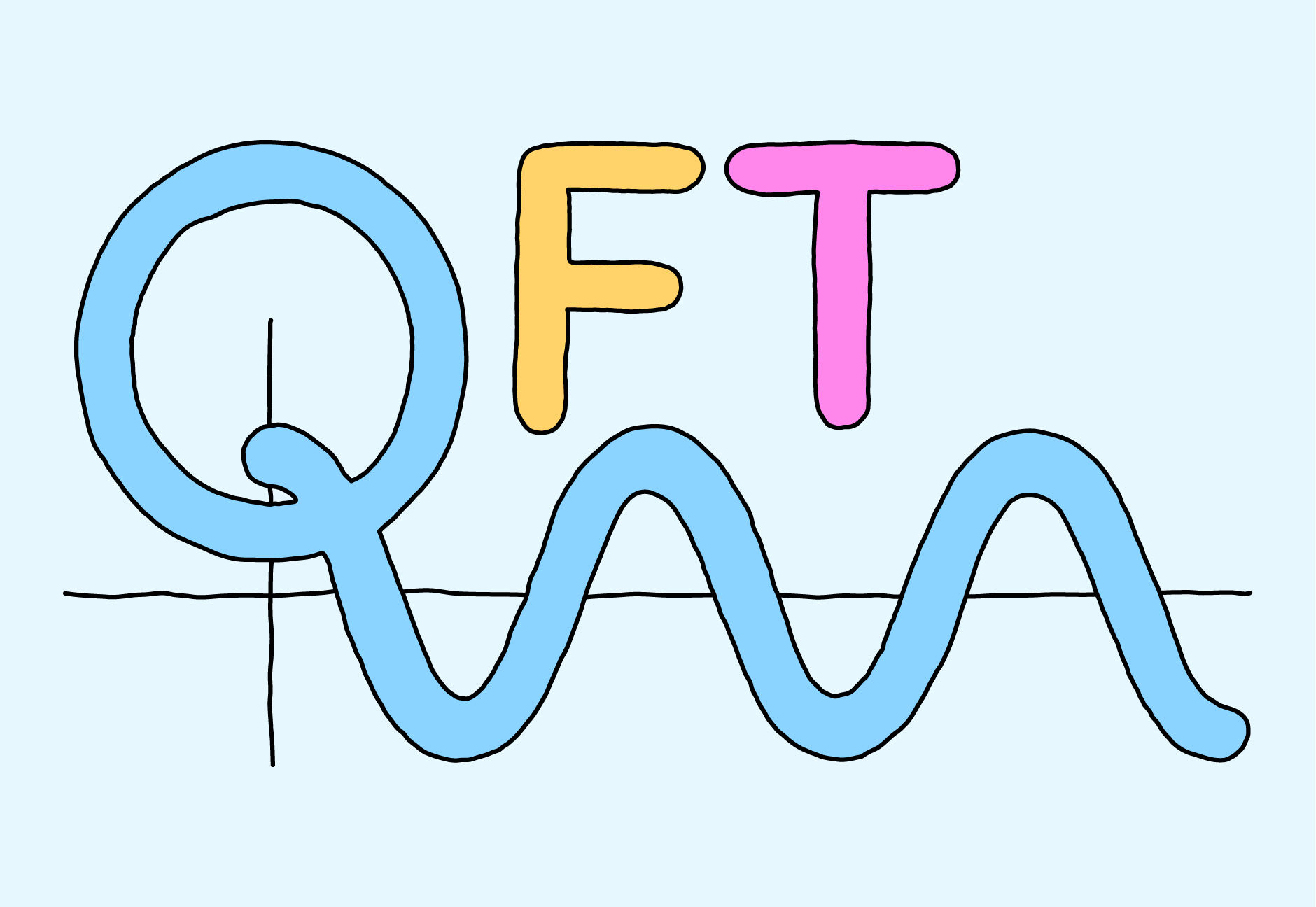Course Title: Introduction to Quantum Field Theory with Canonical Quanlization

Course Overview:
This course offers an Introduction to Quantum Field Theory (QFT) with a focus on the Canonical Quantization Approach. Designed for mainly M.Sc 1st year students with a background in Advanced Quantum Mechanics and Group theory, the course will develop your understanding of field theory through the principle of least action, classical field equations, and the quantization of both scalar and vector fields.
By the end of the course, students will have a rough idea of QFT, including its application to physical interactions and the S-matrix formulation. While this course will not cover the path integral formulation or differential geometric methods, it provides a solid base for future study in both theoretical and applied areas of high-energy physics.
Course Topics:
Lie Groups and Symmetries
Basic introduction to Lie groups and Lie algebras, with a focus on their role in physics.
Applications of group theory in field theory, with potential topics depending on class needs.
Introduction to the Principle of Least Action and Classical Fields
Overview very brief the action principle and Euler-Lagrange equations for fields.
Dynamics of fields, Symmetries and conservation laws derived from Noether's theorem.
Review of classical field equations from mechanics and electromagnetism.
Scalar Field Theory and Quantization
The free scalar field: Classical solutions and Lagrangian Formulation.
Canonical quantization: moving from Classical Fields to Quantum Fields.
Interpretation of Quanta as particles, Normal ordering, and The Vacuum State.
Vector Fields and Dirac Equation
Introduction to spin-1 and spin-1/2 fields.
Lagrangian formulation of vector fields.
The Dirac equation: solutions and interpretation in the context of relativistic quantum mechanics.
Quantization of spinor fields and the physical meaning of anti-particles.
Interactions() and the S-Matrix
Interaction Lagrangians and the concept of perturbative expansion.
Feynman diagrams and rules for scalar, vector, and spinor fields.
S-matrix formalism: deriving scattering amplitudes in simple field theory models.
Applications and Some Extras
Possible applications to Atomic & Particle Physics.
Gauge Theory.
What This Course Won’t Cover:
Path Integral Approach: This course strictly focuses on canonical quantization and will not delve into the path integral formalism.
Differential Geometry: We will not be covering geometric methods used in advanced field theories like Conformal Field Theory or QFT in curved Space-Time.
Course Expectations:
Regular attendance and participation are expected to keep up with the material. While flexibility is allowed, consistency in attending lectures will be crucial.
Assignments will be an important part of the learning process. Students are required to submit solutions for the assigned problems, as these will help reinforce the theoretical concepts covered in class.
Prerequisites:
This course is designed for students who have:
A basic understanding of Discrete Group Theory, particularly in relation to different examples of discrete groups, characteristic tables, etc.
Studied Advanced Quantum Mechanics, including the formalism of quantum operators, angular momentum theory, scattering theory and relativistic quantum mechanics.
Familiarity with Special Functions (e.g., Spherical harmonics, Bessel functions), which frequently arise in field theory solutions.
Knew basics of Special Theory of Relativity and a bit of Lorentz Martices & it's transformations and Electrodynamics.
Successfully completed at least the 1st and 2nd semesters of an M.Sc. in Physics or an equivalent program.
Fees and Contributions:
The course is free of charge. However, voluntary donations are appreciated(UPI-kaziaburousan-2@oksbi) and help support the continuation of such initiatives.
Registration Link: Click Here
List of Participents: [Coming Soon]
Books for Course: Recommended Books
Assignments and Notes: Notes and Assignment
